Cork food industry in crisis - special feature
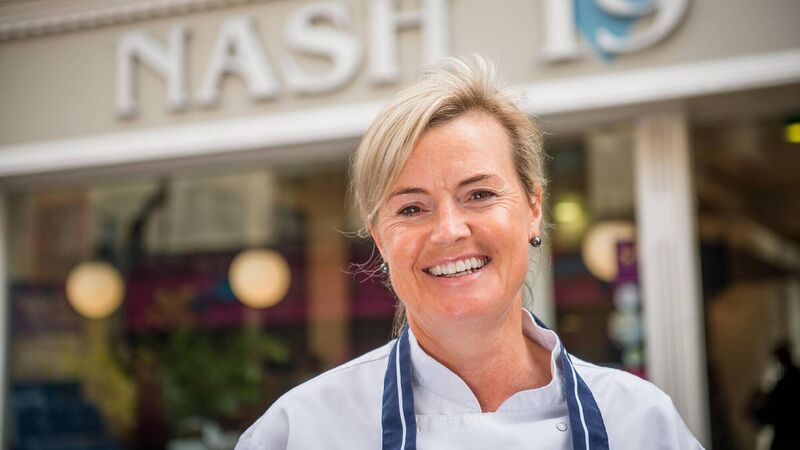
Claire Nash of Nash 19 said out of control costs forced her to close her restaurant - which she ran in Cork city for more than 30 years. Almost 230 restaurants or cafés nationwide have closed since last July.
IT’S hard to make a living from food, and owning a food business can be a fast track to losing it all.
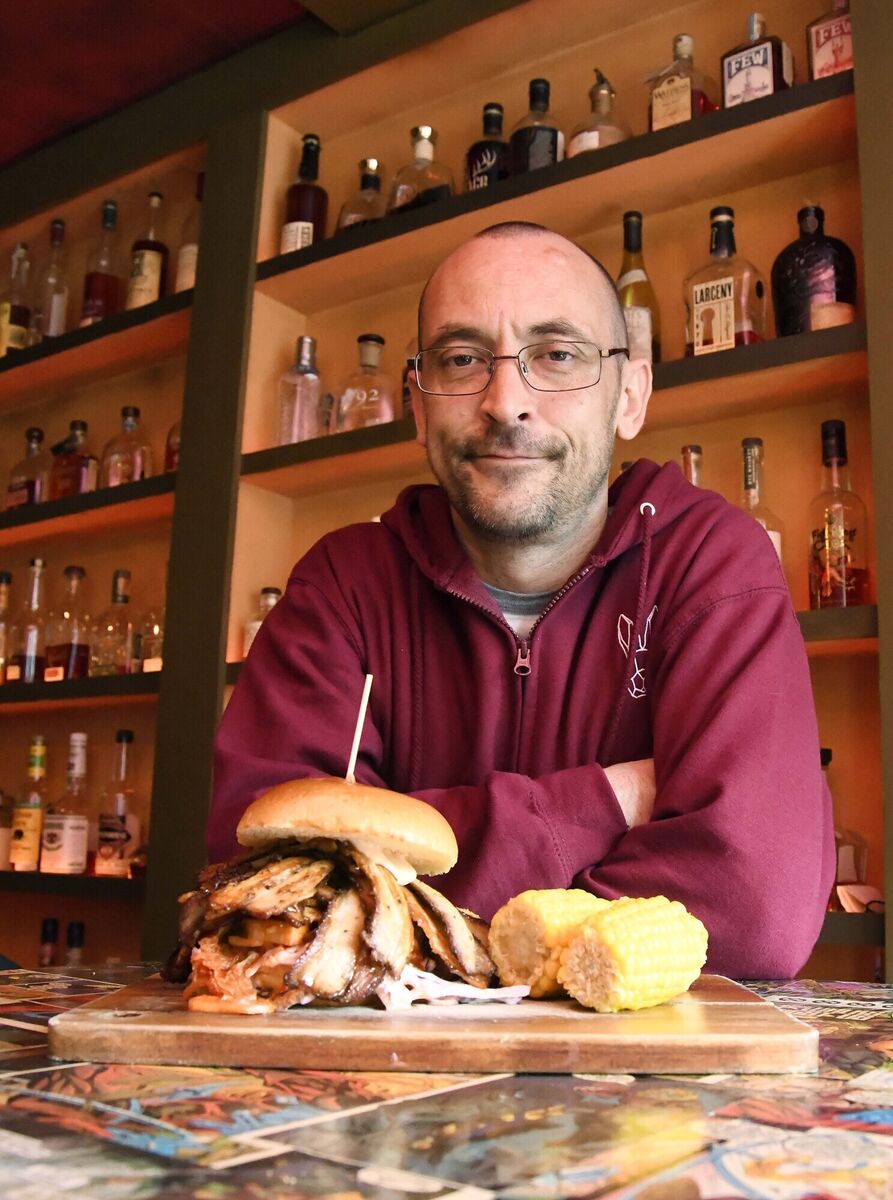
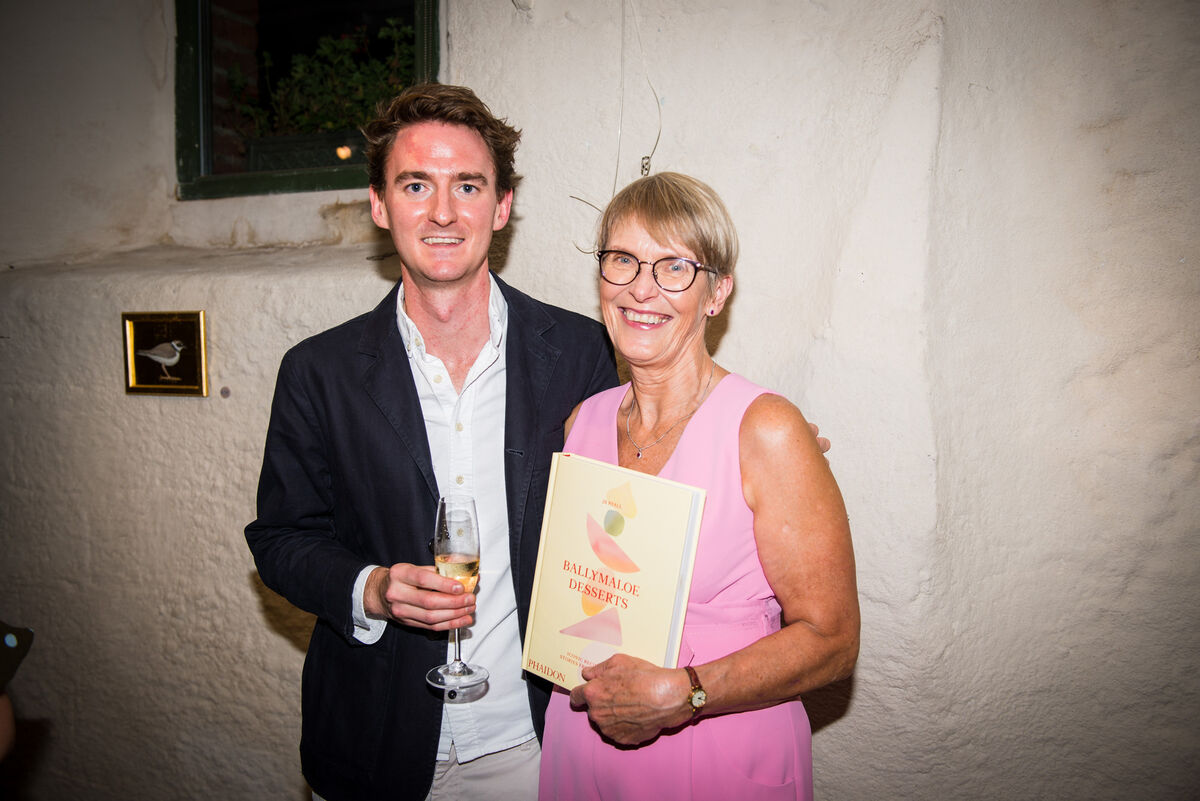
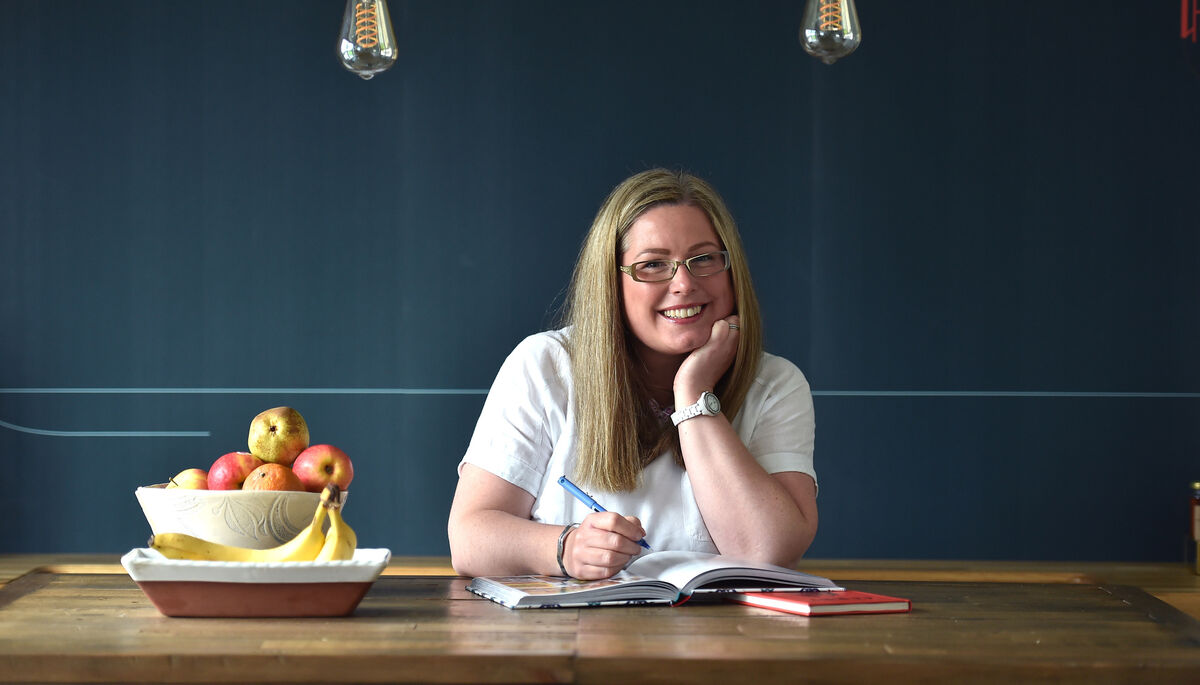
- Every business should get a set of Management Accounts prepared at minimum monthly, ideally weekly, to get a grip on finances.
- “Get yourself a good bookkeeper or accountant and sit down with them and your key people once a week or once a month and understand where the business is financially.
- “A quarter of the all the money that’s turned over, doesn’t belong to you, so only looking at turnover is a hugely unrealistic way of looking at how well your business is doing.”
- About a quarter of the money turned over in a business is simply passing through. VAT, rent or mortgage, and a contingency for things like unexpected maintenance or breakages are all real costs of business.
- “The number of people that have said to me the one piece of advice that has saved their business was putting money aside to pay the VAT bill.
- “Because, whether you have it or not, you’re going to have to pay for it. That second account is like a piggy bank so when the VAT bill comes in, you don’t have to worry about it.”
- As a food business, ingredients are a major expense, so make the most of everything. Ensure good separation of any unavoidable food waste and monitor it to quantify how much is being wasted, the cost, and if improved systems reduce the amount generated.
- “One of the first things I look at when I go into a business is their food waste. I want to be there the day before the food waste is lifted because that’s going to tell me about 85% of what I need to know about how your business is run. Look at what you are spending; be sure that everything you’ve ordered and paid for is coming in the door and not getting filtered off to someone else.”
- Menu planning and food waste/loss go hand in hand. Find ways to make use of veg, meat and fish trimmings by repurposing them into something else.
- “Look at your menus: are there any wasteful ingredients? Avocado is a wasteful ingredient because a quarter of what you buy will be bad, but you won’t know until you cut into it. Can it be replaced with something else, like a blitz with garden peas, broad beans, and yogurt?”
- “There is rampant theft in the industry. If you discover theft going on, everyone is under suspicion until that is sorted, and you only need one person embezzling to destroy your business. “Putting systems in place for security protects honest people.”
Courses and training available from The Business of Food run throughout the year and are funded to a minimum of 40% of the cost through the National Organic Training Skillnet (NOTS).
Find out more at www.thebusinessoffood.ie

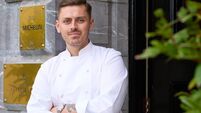
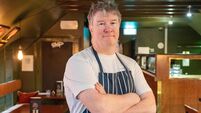
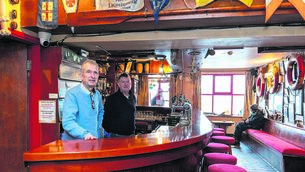



 App?
App?


